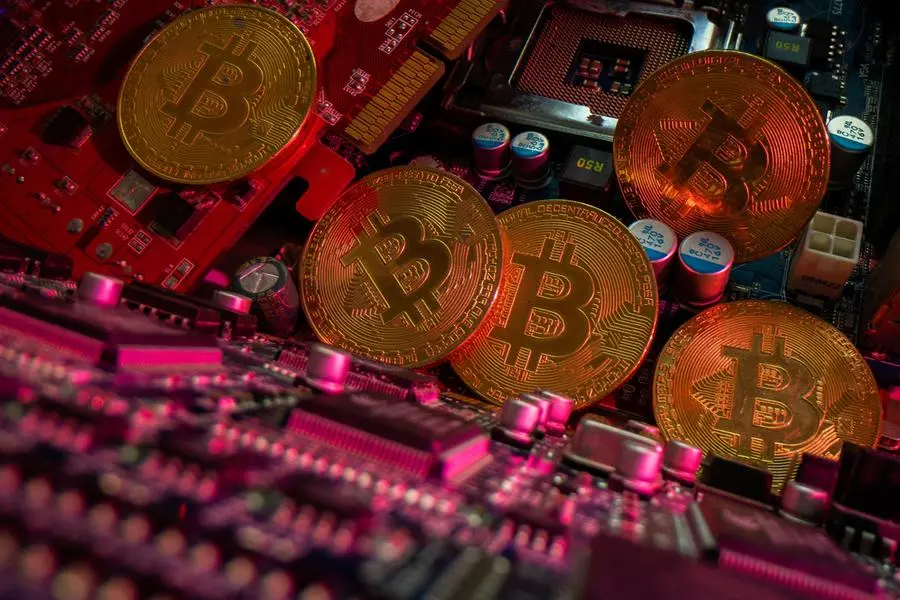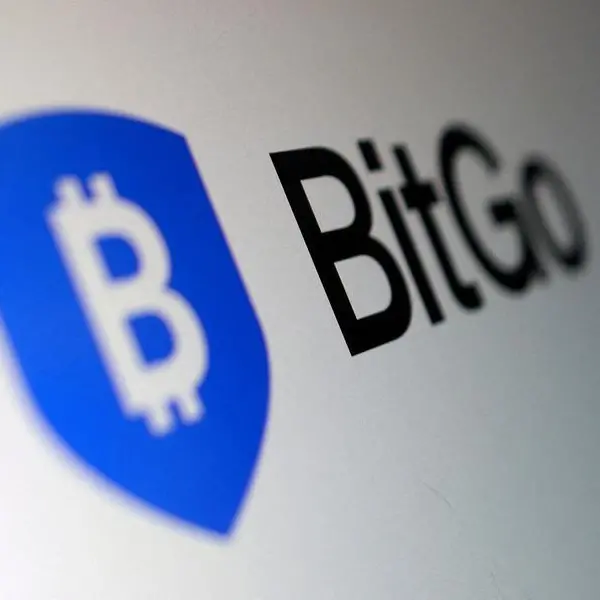PHOTO
India led the way in global adoption of cryptocurrencies for the second straight year as investors braved the country's tough regulatory stance and steep trading taxes, a report from blockchain analytics company Chainalysis showed on Wednesday.
The report, which tracks adoption across four sub-categories in 151 countries, showed India ranked high on usage of centralized exchange and decentralized finance assets from June 2023 to July 2024.
India has taken a tough stance against cryptocurrencies since 2018, with the Financial Intelligence Unit (FIU) issuing show-cause notices to nine offshore cryptocurrency exchanges in December 2023 for non-compliance with local rules.
"India has also got a fairly wide spread level of adoption across different assets of crypto despite restrictions, implying new participants to crypto would have been participating via services that were not banned," said Eric Jardine, research lead at Chainalysis.
"Now we've started to see some of those restrictions get rolled back, for example with Binance, which is probably just going to amplify adoption in the country."
Binance, the world's biggest crypto exchange, was hit with a fine of 188.2 million rupees ($2.25 million) in June a month after it registered with the FIU in an effort to resume operations in the country. Crypto exchange KuCoin had registered with the watchdog in March but faced a smaller penalty amount of 3.45 million rupees.
Seven of the top 20 countries in Chainalysis' global adoption index were central and South Asian countries such as Indonesia, Vietnam and Philippines.
Overall decentralized transaction volume carried out in retail-sized transfers, under $10,000 worth of crypto were recorded in countries with lower purchasing power per capita, the report said.
Trading was robust in Indonesia, which has banned the use of cryptocurrencies as a means of payment, but allows investment in the assets. The country recorded $157.1 billion inflows in trading of digital assets in the 12 months to July, the report said.
(Reporting by Medha Singh in Bengaluru; Editing by Maju Samuel)




















